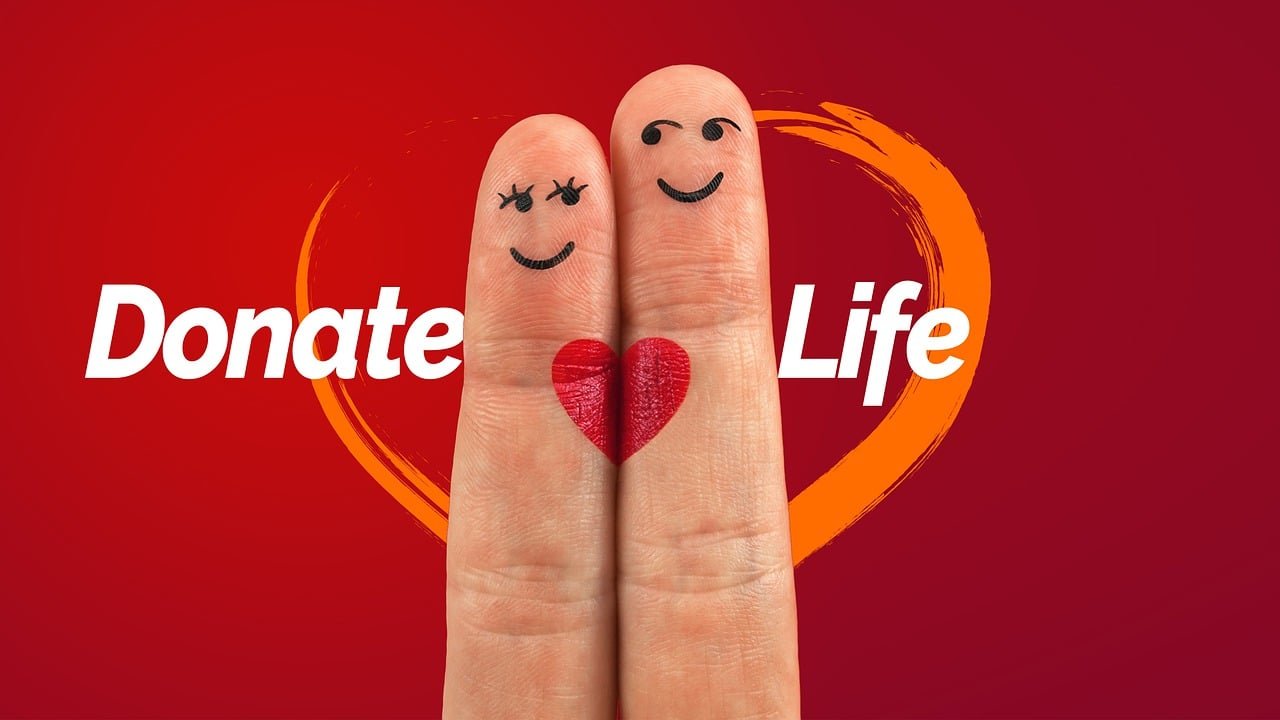For patients suffering from end-stage heart failure, a heart transplant can be the only lifeline left. Yet in many countries, particularly in parts of Africa and South Asia, accessing timely treatment is a daunting challenge. Long waiting lists, lack of infrastructure, and limited donor availability mean that many patients simply do not survive the wait. However, India has emerged as a beacon of hope, offering significantly shorter wait times for heart transplants without compromising on quality. But what makes this possible? Let’s explore the reasons why India has become a preferred destination for heart transplants and how patients from countries like Nigeria, Ghana, Uganda, Kenya, Bangladesh, and Sri Lanka are benefiting.
The Stark Reality: Long Waits and Limited Access Elsewhere
In countries like Nigeria, Ghana, and Sri Lanka, the challenges in accessing heart transplants are multifaceted. Limited infrastructure, a shortage of specialized transplant centers, and a scarcity of donors contribute to long wait times. For instance:
- In Nigeria, only a handful of hospitals offer cardiac surgery, and transplant services are either non-existent or in their infancy.
- Ghana’s National Cardiothoracic Centre, while a regional leader, performs only a limited number of complex surgeries due to resource constraints.
- In Bangladesh and Sri Lanka, despite a growing demand for advanced cardiac care, transplant infrastructure is still developing.
The result? Patients either endure a long and uncertain wait or must travel abroad for timely intervention.
Why India Has Significantly Shorter Wait Times
India’s healthcare system, particularly in the field of cardiac surgery, has evolved rapidly over the past two decades. Here are the key reasons why heart transplant wait times are shorter in India:
1. Well-Established Cadaveric Organ Donation Program
India has made notable progress in promoting organ donation through awareness campaigns and legislation. The National Organ and Tissue Transplant Organization (NOTTO) coordinates organ allocation transparently and efficiently. Tamil Nadu, for example, is recognized as one of the most successful states for cadaveric organ donation in Asia.
- In 2023, India reported over 15,000 organ donations, with heart donations accounting for a growing proportion of this figure.
- States like Tamil Nadu, Maharashtra, Telangana, and Karnataka have well-organized transplant networks that ensure faster organ allocation.
2. High Number of Accredited Transplant Hospitals
India is home to over 300 hospitals authorized to perform organ transplants, many of which are NABH or JCI accredited. Cities like Chennai, Mumbai, Bangalore, and Hyderabad have specialized heart transplant units with decades of experience.
CareCross, for example, partners with a wide range of hospitals—corporate, super-specialty, and budget-friendly—ensuring access to world-class facilities suited to every budget.
3. Efficient Regulatory Framework and Coordination
The Indian government has implemented robust systems to streamline the organ donation and transplant process:
- Centralized registries and waiting lists ensure fair and efficient distribution.
- Technological platforms like the Jeevan Sathi portal in Tamil Nadu allow real-time updates of organ availability and allocation.
This systematic approach significantly reduces the waiting time for suitable donors.
4. Skilled Medical Professionals and Advanced Technology
India’s cardiac surgeons and transplant teams are among the most experienced in the world. Many of them are internationally trained and have performed hundreds of transplants. Moreover, Indian hospitals are equipped with advanced diagnostic and surgical technology, which contributes to better surgical outcomes and faster recovery.
5. Lower Cost, Faster Access
Compared to Western countries, the cost of a heart transplant in India is significantly lower—typically ranging between USD 45,000 to 70,000, depending on the hospital and complexity of the case. This affordability often means that patients can be registered and scheduled for surgery much faster without bureaucratic delays common in many insurance-based systems.
Real Impact on International Patients
Patients from African and South Asian countries are increasingly choosing India for timely heart transplants. For example:
- A study published in the Indian Journal of Transplantation in 2022 noted a rising number of patients from East Africa and the Gulf region traveling to India for cardiac transplants.
- Many international patients are able to receive their transplants within 3 months of registration in India, compared to indefinite waiting periods in their home countries.
CareCross has facilitated heart transplants for patients from countries such as Kenya, Bangladesh, and Ghana by coordinating donor registration, hospital admissions, and post-operative care under one umbrella.
The Role of CareCross in Making It Happen
CareCross plays a pivotal role in simplifying and expediting the process for international patients by offering:
- End-to-End Support: From travel arrangements to medical appointments and visa assistance.
- Hospital Tie-Ups: With JCI and NABH accredited institutions for assured quality.
- Customized Packages: Based on the medical condition, urgency, and financial capacity of the patient.
- Post-Operative Care: Including remote monitoring, step-down care, and follow-up consultations even after returning home.
Conclusion: India as a Beacon of Hope
For many patients facing life-threatening cardiac conditions, time is not just money—it’s survival. India’s shorter wait times, world-class expertise, and affordability are changing the landscape of heart transplants for international patients. With dedicated medical tourism facilitators like CareCross, patients from countries like Ghana, Nigeria, Bangladesh, and Uganda can access critical treatments in time—offering them not just a second chance at life, but a life lived fully.
If you or your loved one is waiting too long for a heart transplant, it may be time to consider India—not as a last resort, but as the most efficient first choice.
